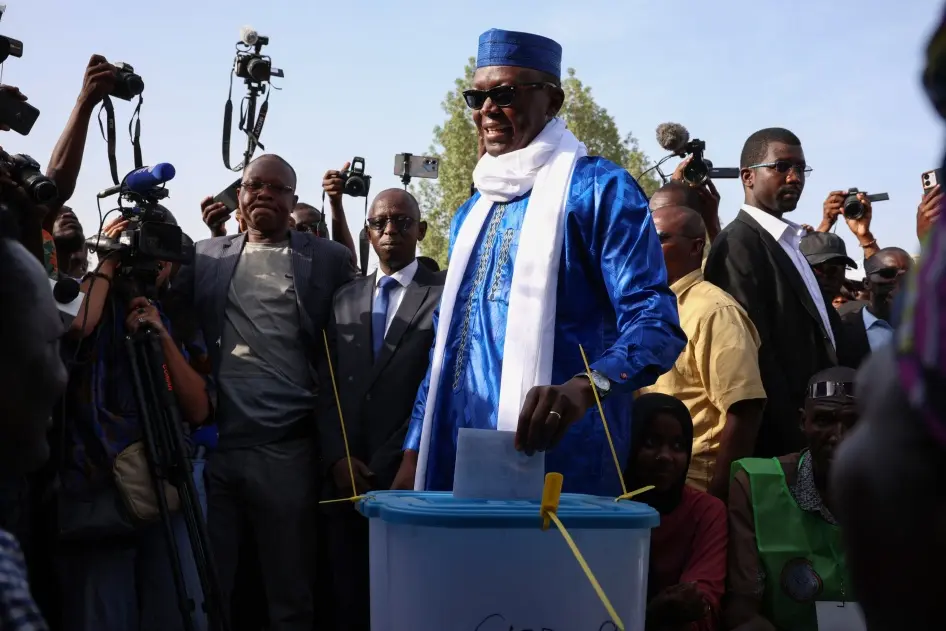
The trial of former Prime Minister and opposition leader Succès Masra has reached a critical juncture in Chad, as prosecutors demand a staggering 25-year prison sentence in connection with the tragic Mandakao massacre.
Yet beyond the courtroom, the case has ignited fierce debate across the nation, highlighting long-standing political rivalries and ethnic tensions that continue to shape Chad’s fragile landscape.
Masra, an economist turned politician, once held the prime ministership following a surprising alliance with President Mahamat Idriss Déby Itno. However, he resigned amid rising political friction in 2024.
Known for his vocal criticism of the government and his ability to mobilize popular support, Masra now faces charges including murder and incitement to racial hatred, allegations his defense insists are “politically instrumentalized” and taken “out of context.”
The May 14, 2025, Mandakao massacre remains a national trauma.
Official accounts describe the violence as premeditated and ethnically driven, with the prosecution asserting it could mark “the beginnings of a case of genocide” — an unprecedented accusation in Chadian legal history.
Other voices point to a more complex reality involving deep-rooted land disputes and local political power struggles.
The case unfolds amid widespread skepticism about the independence of Chad’s judiciary. NGOs and international observers have criticized recent political trials for their harsh verdicts and perceived bias against opponents and civil society figures.
This raises a dual risk: the severity of the Mandakao tragedy may be overshadowed by suspicions of political manipulation, while an overly severe verdict could deepen divisions and fuel claims of injustice.
Should the court impose the requested 25-year sentence, Masra’s political future would effectively end, potentially escalating regional tensions and reinforcing perceptions of government repression. Conversely, acquittal or leniency might signal judicial openness but provoke backlash from those demanding justice for the victims.
Ultimately, the Mandakao trial is far more than a legal proceeding; it is a test of Chad’s judicial integrity and a pivotal moment for the country’s political future, as it grapples with the challenge of reconciling justice and reconciliation in a deeply divided society.



